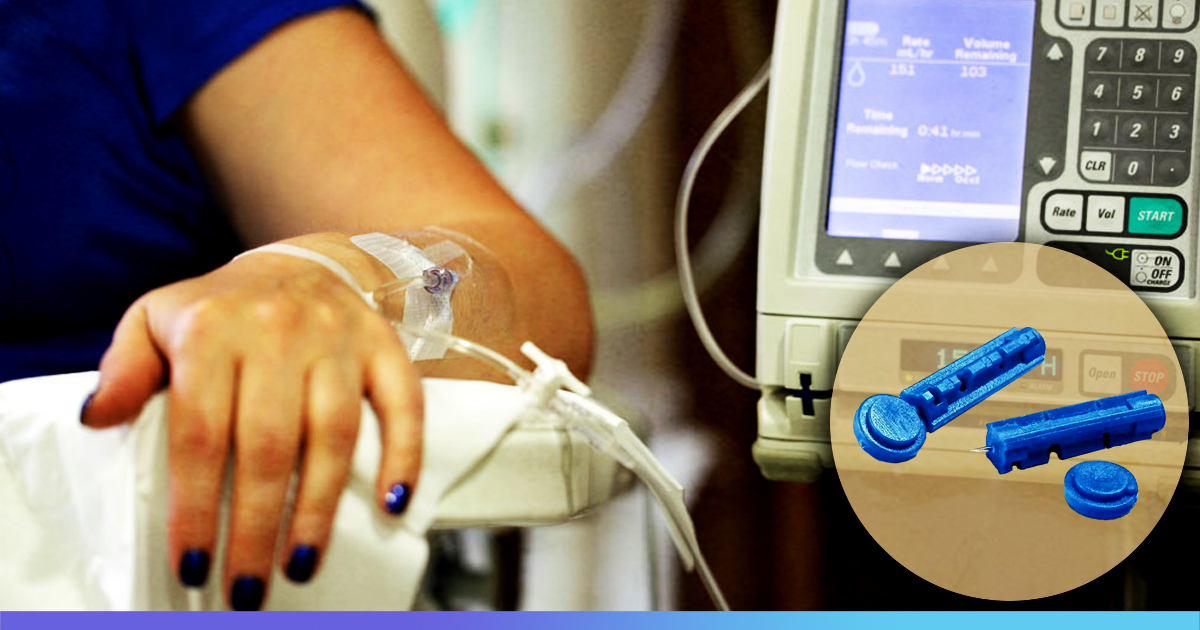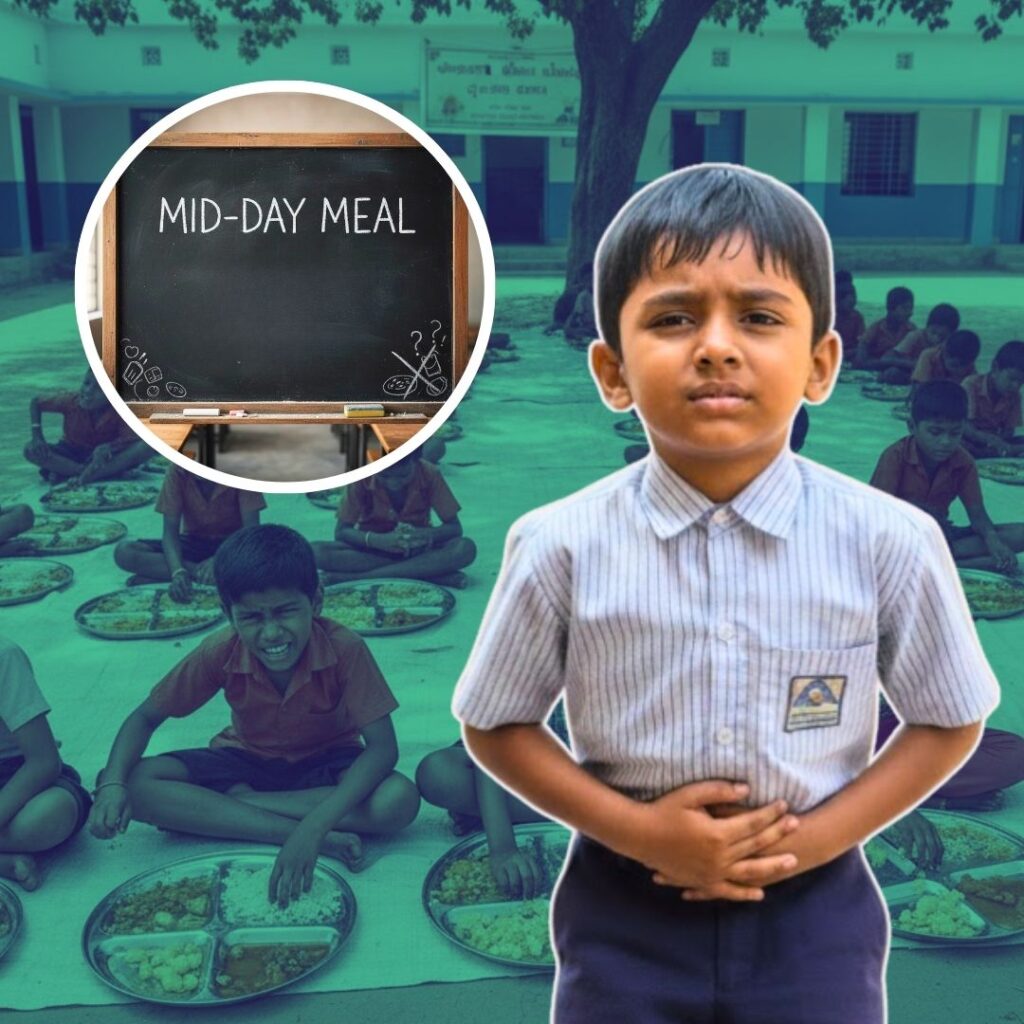Globally, over 1.5 crore people will need first-course chemotherapy each year by 2040, estimates a study produced by The Lancet Oncology journal. The Lancet study states that the number of patients needing chemotherapy may increase by 53 per cent from 9.8 million in 2018 to 15 million in 2040.
The study – first of its kind – estimates the scale of chemotherapy provision needed to respond to increasing cancer patients at national, regional and global scales.
The number of cases, specifically in low and middle-income countries are expected to rise from 63 per cent in 2018 to 67 per cent in 2040.
The most common indications for chemotherapy worldwide in 2040 will be lung cancer (16·4%), breast cancer (12·7%), and colorectal cancer (11·1%).
With the increasing rate of patients every year, the report estimated that cancer physician required to deliver optimal therapy will increase to 1 lakh by 2040. In 2018, 65,000 cancer physicians were required for a chemotherapy patient.
The study was conducted by researchers at University of New South Wales (UNSW) in Sydney, Ingham Institute for Applied Medical Research, Kinghorn Cancer Centre, Liverpool Cancer Therapy Centre in Australia and International Agency for Research on Cancer, Lyon.
How Does India Fare?
In India, approximately 670,000 new cases of patients requiring chemotherapy were reported in 2018.
“By 2040, we estimate over 1.1 million new cases per year needing chemotherapy, and demand may be as high as 1.2-1.5 million if we account for more advanced stages of disease at presentation as compared to US and Australia data,” said Dr Brooke Wilson, co-author of the study, to Health Issues India.
The study points out that about 47 per cent of 15 million people diagnosed with cancer will reside in China (35%) and South Asia (12%) by 2040.
According to the Indian Council of Medical Research (ICMR), 7.84 lakh men and women died due to cancer in 2018. And there is a high probability that about 9.81 per cent of men and 9.42 per cent of women are at risk of developing cancer before reaching 75 years of age.
Why are Indians prone to Cancer?
Apart from access to health care, lack of awareness is one of the major problems that lead to a dip in survival rates in India. In diseases such as cancer, early diagnosis is a critical factor in the treatment.
Talking to Live Mint, P.K. Jhulka, senior director of the Max Institute of Cancer Care said, “The major problem in our country is late diagnosis. Most patients come to us in the third or fourth stage, which further increases the disease intensity and burden. The regional centres cater to a limited population.”
Another factor that increases the chances of cancer is obesity. Recent studies have found out that obesity is linked with higher chances of cancer of various organs, including oesophagus, gastric cardia, thyroid, pancreas, colon, rectum, endometrium, prostate, gallbladder, ovary, and breast, as per Down To Earth.












